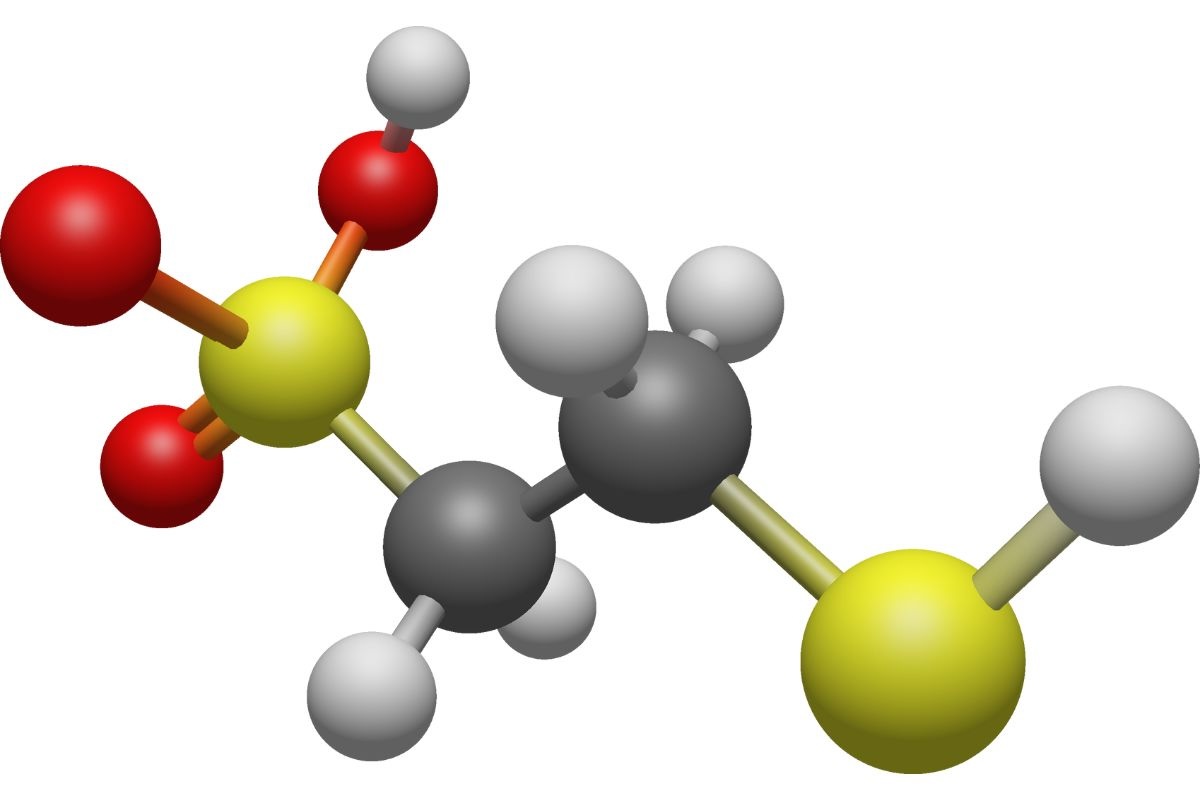
What is Coenzyme Q10? Coenzyme Q10, often called CoQ10, is a compound that helps generate energy in cells. Why is CoQ10 important? It plays a crucial role in producing adenosine triphosphate (ATP), which is essential for energy transfer within cells. Where can you find CoQ10? Naturally present in the body, it’s also found in foods like meat, fish, and nuts. What are the benefits of CoQ10? It supports heart health, boosts energy levels, and may even improve skin health. Who might need more CoQ10? People with certain health conditions or those taking specific medications might benefit from supplements. How does CoQ10 work? It acts as an antioxidant, protecting cells from damage. Ready to learn more? Let's dive into 26 fascinating facts about CoQ10!
What is Coenzyme Q10?
Coenzyme Q10, often abbreviated as CoQ10, is a naturally occurring compound found in every cell of the body. It plays a crucial role in producing energy and protecting cells from damage. Let's dive into some fascinating facts about this essential nutrient.
- CoQ10 is also known as ubiquinone because it is ubiquitous in the human body.
- It is a fat-soluble substance, meaning it dissolves in fats and oils.
- CoQ10 is essential for the production of adenosine triphosphate (ATP), the energy currency of cells.
- The highest concentrations of CoQ10 are found in organs with high energy demands, such as the heart, liver, and kidneys.
- CoQ10 levels naturally decrease with age, making supplementation more common in older adults.
Health Benefits of Coenzyme Q10
CoQ10 is not just about energy production; it offers several health benefits that make it a popular supplement.
- It acts as a powerful antioxidant, protecting cells from oxidative damage.
- Studies suggest that CoQ10 can improve heart health by reducing blood pressure and improving blood vessel function.
- It may help reduce the frequency and severity of migraines.
- CoQ10 has been shown to improve symptoms of chronic fatigue syndrome.
- Some research indicates that it can enhance exercise performance by reducing oxidative stress in muscles.
Sources of Coenzyme Q10
While the body produces CoQ10 naturally, it can also be obtained from various dietary sources.
- Meat, particularly organ meats like liver and kidney, are rich in CoQ10.
- Fatty fish such as salmon, mackerel, and sardines are excellent sources.
- Vegetarians can find CoQ10 in spinach, broccoli, and cauliflower.
- Legumes like peanuts and soybeans also contain CoQ10.
- Whole grains provide a modest amount of this nutrient.
Coenzyme Q10 and Aging
As we age, our body's ability to produce CoQ10 diminishes, which can impact overall health.
- Lower levels of CoQ10 have been linked to age-related diseases such as Alzheimer's and Parkinson's.
- Supplementing with CoQ10 may help slow down the aging process by reducing oxidative damage.
- It can improve skin health by reducing wrinkles and increasing skin elasticity.
- CoQ10 may boost energy levels in older adults, helping them stay active.
- Some studies suggest that it can improve cognitive function in the elderly.
Coenzyme Q10 and Medication Interactions
CoQ10 can interact with certain medications, which is important to consider if you're thinking about supplementation.
- Statins, commonly prescribed for lowering cholesterol, can reduce CoQ10 levels in the body.
- Beta-blockers, used for heart conditions, may also lower CoQ10 levels.
- CoQ10 can enhance the effectiveness of certain blood pressure medications.
- It may reduce the side effects of chemotherapy drugs.
- Always consult a healthcare provider before starting CoQ10 supplements, especially if you're on medication.
Fun Facts About Coenzyme Q10
Let's end with some interesting tidbits about this fascinating compound.
- CoQ10 was first discovered in 1957 by Dr. Frederick Crane at the University of Wisconsin-Madison.
The Final Word on Coenzyme Q10
Coenzyme Q10, or CoQ10, plays a crucial role in energy production and overall health. Found in every cell, it helps convert food into energy. As we age, levels of CoQ10 decrease, making supplementation beneficial for some. This antioxidant supports heart health, boosts energy, and may even improve skin health. Foods like meat, fish, and nuts contain CoQ10, but supplements can help reach optimal levels.
While generally safe, CoQ10 can interact with certain medications. Always consult a healthcare provider before starting any new supplement. Research continues to uncover more benefits and potential uses for CoQ10, making it a fascinating area of study.
Understanding CoQ10's role in the body can help you make informed decisions about your health. Whether through diet or supplements, ensuring adequate CoQ10 levels can contribute to a healthier, more energetic life.
Was this page helpful?
Our commitment to delivering trustworthy and engaging content is at the heart of what we do. Each fact on our site is contributed by real users like you, bringing a wealth of diverse insights and information. To ensure the highest standards of accuracy and reliability, our dedicated editors meticulously review each submission. This process guarantees that the facts we share are not only fascinating but also credible. Trust in our commitment to quality and authenticity as you explore and learn with us.
